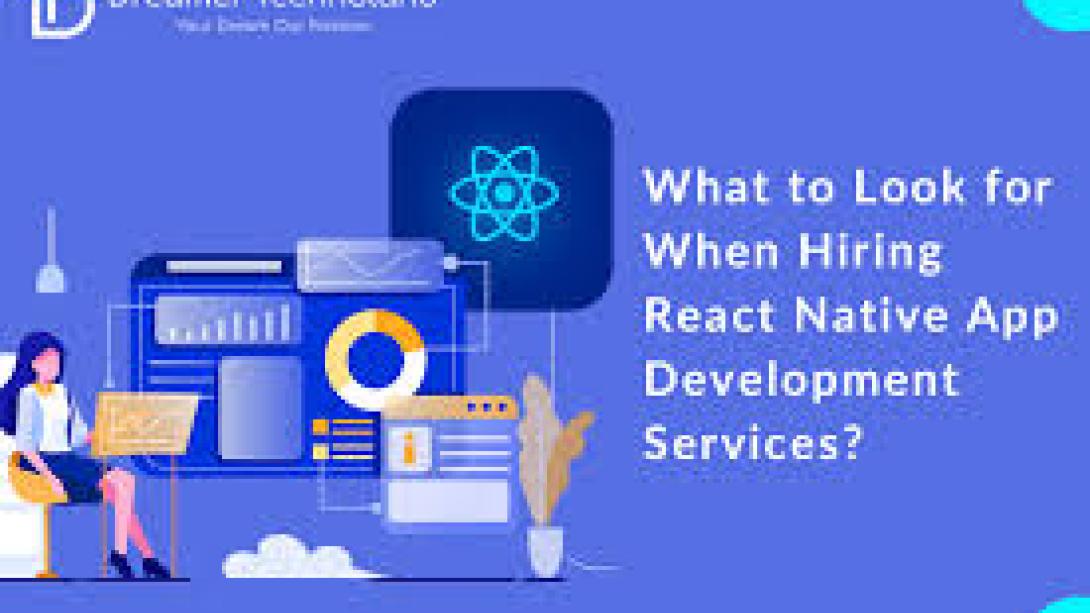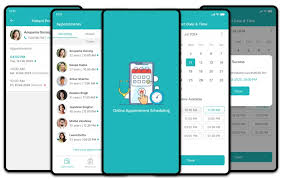How to Choose a Mobile App Development Company

Building a mobile application that aligns with your business goals requires more than just technical expertise—it calls for a strategic partnership with a team that understands your vision, target audience, and industry dynamics. Businesses today are leaning toward custom mobile app development solutions to ensure their apps are tailored to meet specific needs. Choosing the right development company becomes a crucial decision that can influence the success and scalability of the final product.

Tips to Choose a Mobile App Development Company
The following are the tips to choose a mobile app development company:
Understanding Your Business Needs
Clarity in purpose and objectives is essential before engaging with any custom ecommerce app development partner. Whether the goal is to streamline internal operations, improve customer engagement, or enter a new market segment, the desired outcomes must be clearly defined. This understanding forms the foundation for meaningful conversations with potential development teams. When business leaders understand what they want their app to achieve, it becomes easier to evaluate whether a development partner can bring those ideas to life. A team that listens, understands industry challenges, and is committed to delivering results will be more valuable than one that only follows instructions.
Assessing Technical Expertise and Versatility
Choosing a custom android app development company means trusting them with your business idea, timelines, and budget. It is critical to evaluate their technical capabilities and experience with relevant platforms. Developers must be proficient not only in building apps but also in integrating various systems, optimizing performance, and creating intuitive user experiences. A team with strong command over both front-end and back-end technologies can ensure the app runs smoothly across devices and platforms. Versatility is key, especially when the application involves advanced features like location tracking, payment gateways, data synchronization, or offline functionality.
Communication and Development Approach
Effective communication often distinguishes a productive collaboration from a frustrating one. Developers should be open, responsive, and capable of translating technical concepts into business terms. Transparent updates, regular check-ins, and clear documentation help ensure alignment throughout the project. Agile development practices that include iterative feedback cycles, testing, and real-time problem-solving allow for a more flexible and efficient process. An app’s success often depends on how closely the development journey aligns with evolving user needs, and a proactive development team plays a major role in this responsiveness.
Evaluating Portfolio and Industry Experience
A review of past projects offers valuable insights into the development team’s capabilities. Studying previous work reveals the types of features, user interfaces, and performance standards the team has delivered in the past. If a company has built apps within your industry or with similar functionality, they may have a better understanding of your challenges and expectations. Experience in handling complex workflows, regulatory requirements, or user privacy concerns specific to certain industries can reduce learning curves and lead to better outcomes.
Post-Launch Support and Maintenance
An app’s journey doesn’t end once it goes live. Continuous updates, bug fixes, feature enhancements, and performance monitoring are essential for long-term success. A development company should offer ongoing support that addresses technical issues, adapts to user feedback, and keeps the app aligned with evolving technology trends. This commitment reflects their long-term investment in your business’s growth and helps avoid disruptions that could impact user satisfaction. A reliable partner will continue to improve the app after launch, ensuring it evolves in response to real-world usage.
Budget Planning and Financial Transparency
Financial planning plays a central role in app development. Costs can vary significantly depending on the complexity, features, and required platforms. Having a clear budget helps in prioritizing features and avoiding unexpected delays or compromises. A transparent company will provide detailed cost breakdowns, define deliverables, and stick to agreed timelines. Teams that offer value rather than simply the lowest price are more likely to produce reliable, scalable, and user-friendly applications. Discussing pricing models and service terms early in the process ensures mutual understanding and prevents misunderstandings later on.
Summary
Working with a development company that aligns with your business needs, communicates effectively, and offers transparent pricing ensures a smoother path from concept to launch. A tailored app crafted by experts will offer more than just functionality— it will deliver value and growth. Before committing, always ensure that the team understands your goals, is proficient in their craft, and is prepared to support the product’s long-term success. Thorough planning and clear expectations can help keep the mobile application development cost predictable and aligned with your financial goals.